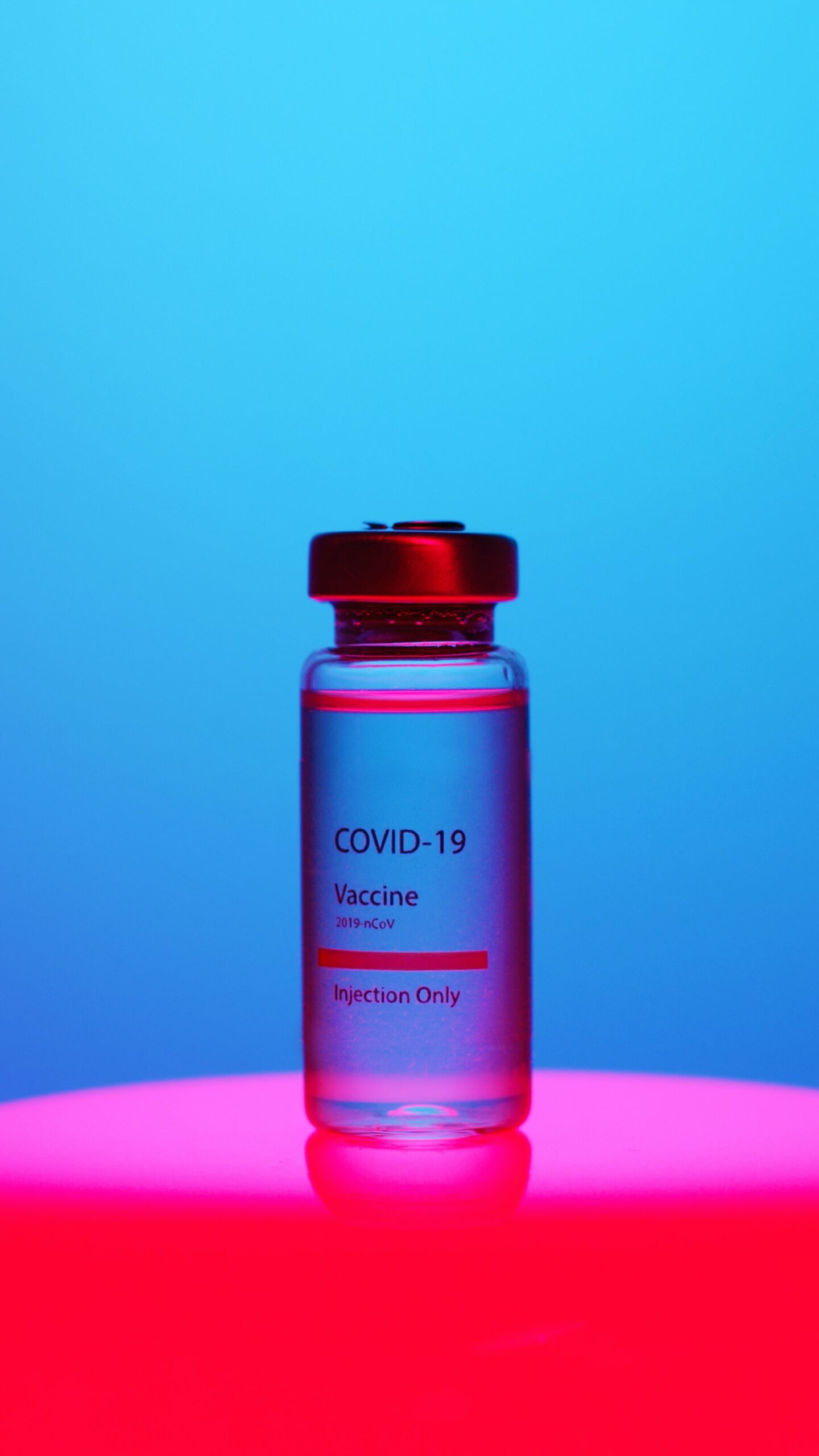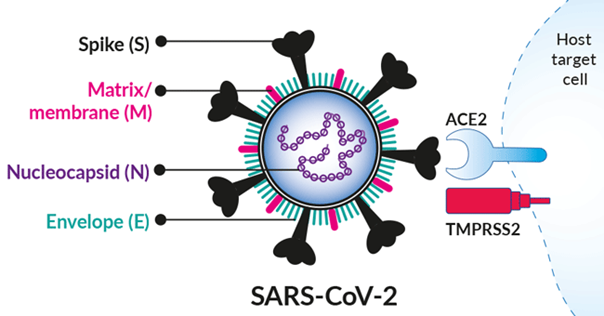
We have already looked at the role of antibody testing in the fight against COVID-19; however, there was just too much information to discuss in one post. Therefore, this post is aimed at diving into a bit more detail on antibody testing for SARS-CoV-2 and looking at misconceptions surrounding this.
When taking an antibody test, we are looking for anti-SARS-CoV-2 antibodies, which can be found in your blood as early as ten days after experiencing COVID-19 symptoms. Therefore, not only is antibody testing useful on its own, when combined with PCR testing, these detection methods minimise the likelihood of receiving a false-negative test. Moreover, antibody tests for SARS-CoV-2 are based primarily on the detection of antibodies against specific proteins. But, what does this mean? The novel coronavirus has four main structural proteins, the nucleocapsid (N), the spike (S), the membrane (M), and the envelope (E), as seen in the image below. However, antibody testing solely focuses on the detection of the S protein, consisting of S1 and S2 subunits, and the N protein, as these are the main immunogens of this virus.

The S protein of SARS-CoV-2 is located on the surface of the virus and is highly immunogenic. Each subunit of this protein plays a different role, with the S1 protein containing the receptor binding domain, a key target of neutralising antibodies. The N protein, on the other hand, plays a crucial role in the replication of viral RNA, enabling the virus to survive in our system. Its role in transcription enables the virus’s genome to be packaged into virions and also inhibits the cell cycle process of our cells. During infections, the N protein is vastly expressed and possesses high immunogenic activity.
Although antibody testing is focused on detecting antibodies against either the S or N protein of SARS-CoV-2, it has been recommended that a testing method that detects antibodies against both proteins be used to gain the most accurate results. This method has been adopted across the UK, and the antibody testing at Opus is no exception to this.
